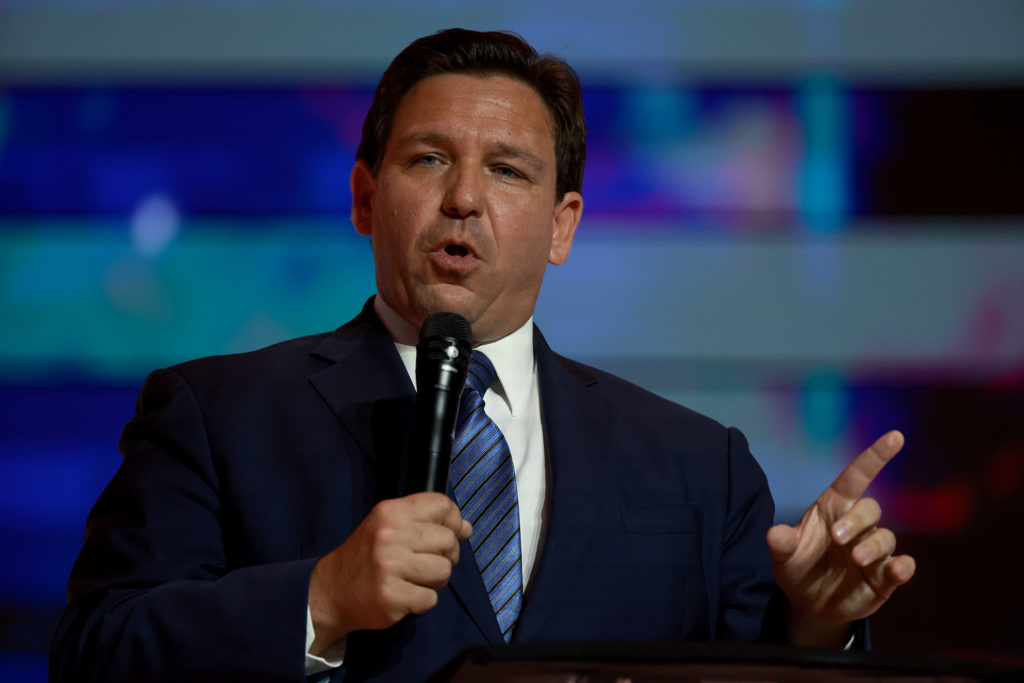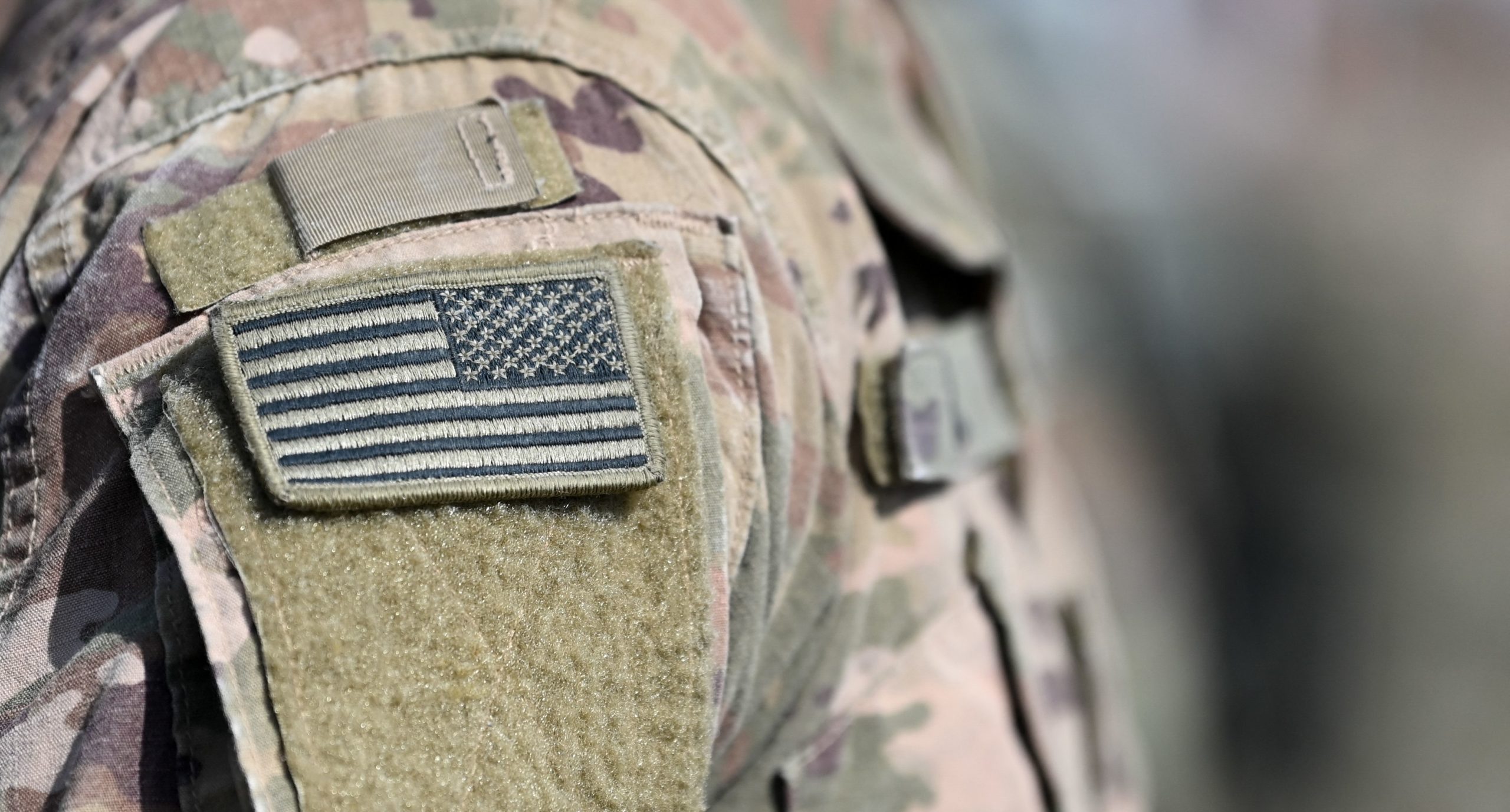Florida is now allowing military veterans without degrees to fill teaching roles.
ABC Action News noted Florida school districts are trying to fill 9,000 teacher vacancies ahead of the school year, citing figures from the Florida Education Association (FEA).
Andrew Spar, Florida Education Association President, told the outlet, “Our public schools are really at a crisis level seeing this massive number of vacancies.”
Spar explained that in 2010 “there were 8,000 graduates from Florida’s colleges and universities becoming teachers. That number was between 2,000 and 3,000 for the year that just ended. That’s a significant drop-off.”
According to the state’s Department of Education, Florida will issue a 5-year Temporary Certificate for military veterans who have not received their degrees but have a minimum of 60 college credits with a 2.5 grade point average.
The veterans are also required to pass a Florida subject area examination for subjects on a bachelor’s level and be eligible for employment in a Florida school district, including charter schools.
“We owe the freedoms we enjoy as Americans to our military veterans, and I am focused on ensuring Florida is the best state in the nation for those who have served to find great jobs, start or grow businesses and support their families,” Florida Gov. Ron DeSantis (R) said in a statement.
He added, “Business is booming in Florida, and employers are looking for the leadership skills, training and teamwork military veterans bring to the workforce.”

Barry Dubin, president of the Sarasota County Teachers Association (SCTA), told the Herald-Tribune the move has “nothing to do with education.”
He explained that teachers “are caught in the middle of this culture war of this country, and this is central to that … if you object to it, you are anti-veteran, which is not true.”
Dubin continued, “There are other agencies that are out there to advocate for veterans and take care of them as they should, but it’s my job to look out for the students and those educating the students.”
He argued the state “can’t just throw a warm body in a classroom, that’s not the answer.”
























 Continue with Google
Continue with Google